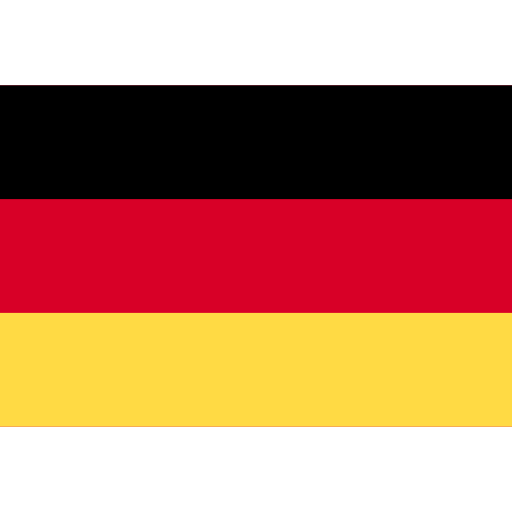Herbert Kunze
(Chemnitz 1913 - 1981 Dresden)
As a professor at the Dresden Academy of Fine Arts, Kunze was revered by his students for his progress-oriented teaching style, but he was able to practice his artistic explorations of modernism largely only in secret. Kunze was inspired by artists such as Picasso, Braque, and later Matisse, Leger, and Beckmann to experiment with the dissolution of the surface in cubist style, especially in his characteristic collages. The most important influence, however, was Nicolas de Staël, who, like Kunze, sought to unite abstraction and figuration. (ED)
Vita
06.07.1913
Born in Chemnitz
1927 - 1928
Attends the secondary commercial school in Pirna
1928 - 1929
Apprenticeship as a painter's apprentice with master painter Wiesener in Dohna, attended trade and vocational school in Pirna, then unemployed
1930 - 1932
Employed as a working boy at the Rockstroh machine factory in Heidenau and attended evening classes at the Dresden School of Arts and Crafts
1932 - 1937
Studies at the Hochschule für Bildende Künste (Academy of Fine Arts) Dresden
1937
4-month study stay in Amsterdam and Groningen - contact with the works of Constantin Permeke and Nicolas de Staël
1939 - 1948
War service on the Western and Eastern Fronts, prisoner of war in Tabor (CSR), prisoner of war in Romania and the Soviet Union. During this time already artistically active again for the camp theater (scenery, murals, posters, etc.). In Moscow worked as a modeller on a new building
1948 - 1953
Works as a freelancer
1949 - 1947
Member of the Dresden artists' group "Das Ufer". The artists' group held artistic courses in schools and companies, organized exhibitions and endeavored to place the work of the working people in the focus of their own artistic work
1953
Lecturer at the Dresden University of Fine Arts. Hired by Rudolf Bergander for nature drawing in the department of industrial design
1954
Change to the sculpture department
1960
Increased conflict between Herbert Kunze and the university administration. The main reason is Kunze's reserved and wait-and-see position on cultural-political issues and the lack of artistic development toward socialist realism.
1965
Attempt by the university administration to transfer Kunze from the undergraduate department to the night school, a request he struggled to avert
1970
Herbert Kunze is removed from the undergraduate program and forcibly assigned to teach technology and color theory in the departments of painting and sculpture
1975
Retirement for health reasons.
Freelance
17.11.1981
Dies in Dresden

.jpg)
.jpg)
.jpg)
.jpg)
.jpg)
.jpg)
.jpg)
.jpg)
.jpg)
.jpg)
.jpg)
.jpg)
.jpg)